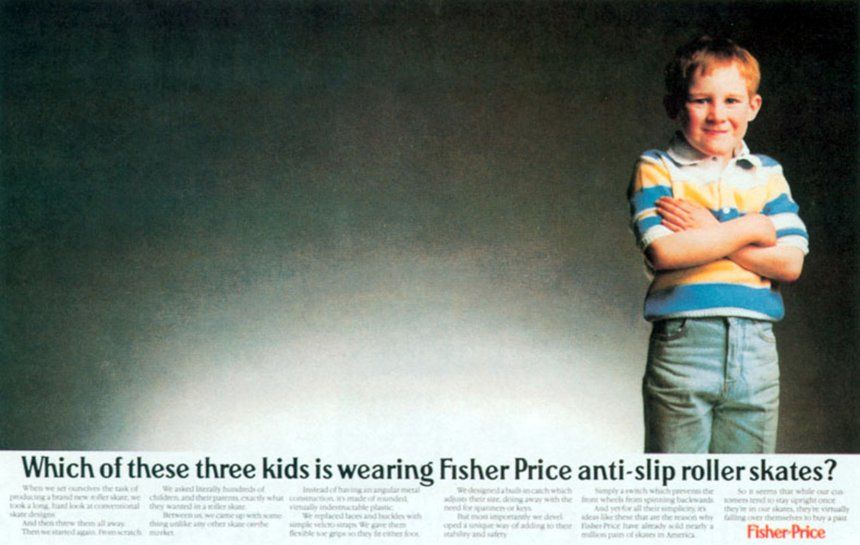
Copy vs. Content: A Guide for Brands for 2023 and beyond
These Days, Everyone is a Copywriter.
Post updated November 2022
It Started with the Invention of the Email.
All of a sudden instead of scribbling a memo, popping your head around a corner, or picking up the phone, everyone was writing more.
With the rise of blogging, and social media, it has become a natural part of peoples' lives for them to write, sometimes daily.
When you have a written dialogue with a person you know, that's great, and fine and appropriate.
But what happens when you need to write an account of an event, or create a newsletter? At what point does writing become copy, and when do you need to call in an expert?
We've come up against this quite a lot recently, particularly working with high-growth businesses. In many instances, clients have chosen to ask us to craft words on their behalf. But there are times when that's impractical (for micro-businesses as well as world-leading brands), and you need to be able to write the words yourself.
Some options we have successfully offered to clients include running internal writing workshops, and creating a verbal style guide.
Many writers spend their lives doing keyword and intent research, building out topic maps, and curating information from the web into "new" articles and blog posts. And that's an important skill - so long as you're not simply regurgitating old content in a new format.
And it's vital for SEO.
But actually, when you're thinking about content creation, it's always more important to write something that people want to read. Balancing searchability and readability, to create the "perfect" article, is essentially journalism. It takes a combination of talent, practice and passion.
But even then, the ability to create a piece of content that flows and that ranks, is not the same as being a copywriter.
So, What is the Difference between Copywriting and Content Writing?

Copy and Content are not Synonyms
But it is true they are both different to ‘normal’ transactional writing where you are just communicating basic information.
What makes them different is that they are both written in a deliberate and conscious way to create a very deliberate and conscious effect.
But one of them has a relatively straightforward and simple “purpose” – while the other has complex, layered and (usually) multiple objectives.
Basically, the old adage is true: “Copy sells, Content tells”.
Content has one Simple Purpose
The role of content is to interest people, engage them and hold their attention. To ‘tell a story’ (in the widest sense) and to be a narrator. Often today terms like “telling brand stories” are used to cover this sort of writing, but it typically include things like blogs, postings, newsletters, articles, videos and so on.
Copy has Many Jobs to do!
Copy, on the other hand is doing more than this (probably several things more). Copy is something that is deliberately written to get a response. Not any old response, but a very precise and particular one. It probably isn’t literally “a sale” (though it could be) but copy will always be aiming to get some sort of response which performs some important function on the ‘path to purchase’ (again, probably several functions).
First Things First
To get copy right, you need to know more than just the subject matter you are communicating. You need to know about human psychology, you need to understand the context your copy will be read in and, most importantly, you need to understand exactly the mind-set, motivations, attitudes and moods of the target market (who you may never have met) and the zeitgeist in their industry/demographic at the moment (which you might not have direct experience of). And because the aim of copy is a response, its success (or lack of it) is fairly quantifiable (all of which explains why copywriters tend to be paid more than content writers).
So it’s worth starting before you write by deciding WHY you are writing.
Is it Content? Or is it Copy?
This decision means you start with a clearer idea of what else you need to be doing apart from simply communicating subject matter.
These tips are taken from an article by Steve Cook, Creative Partner at BHP.
BLOG
|4 MIN READ
BLOG
|5 MIN READ
BLOG
|4 MIN READ
BLOG
|5 MIN READ
BLOG
|4 MIN READ
BLOG
|2 MIN READ
Sign Up



